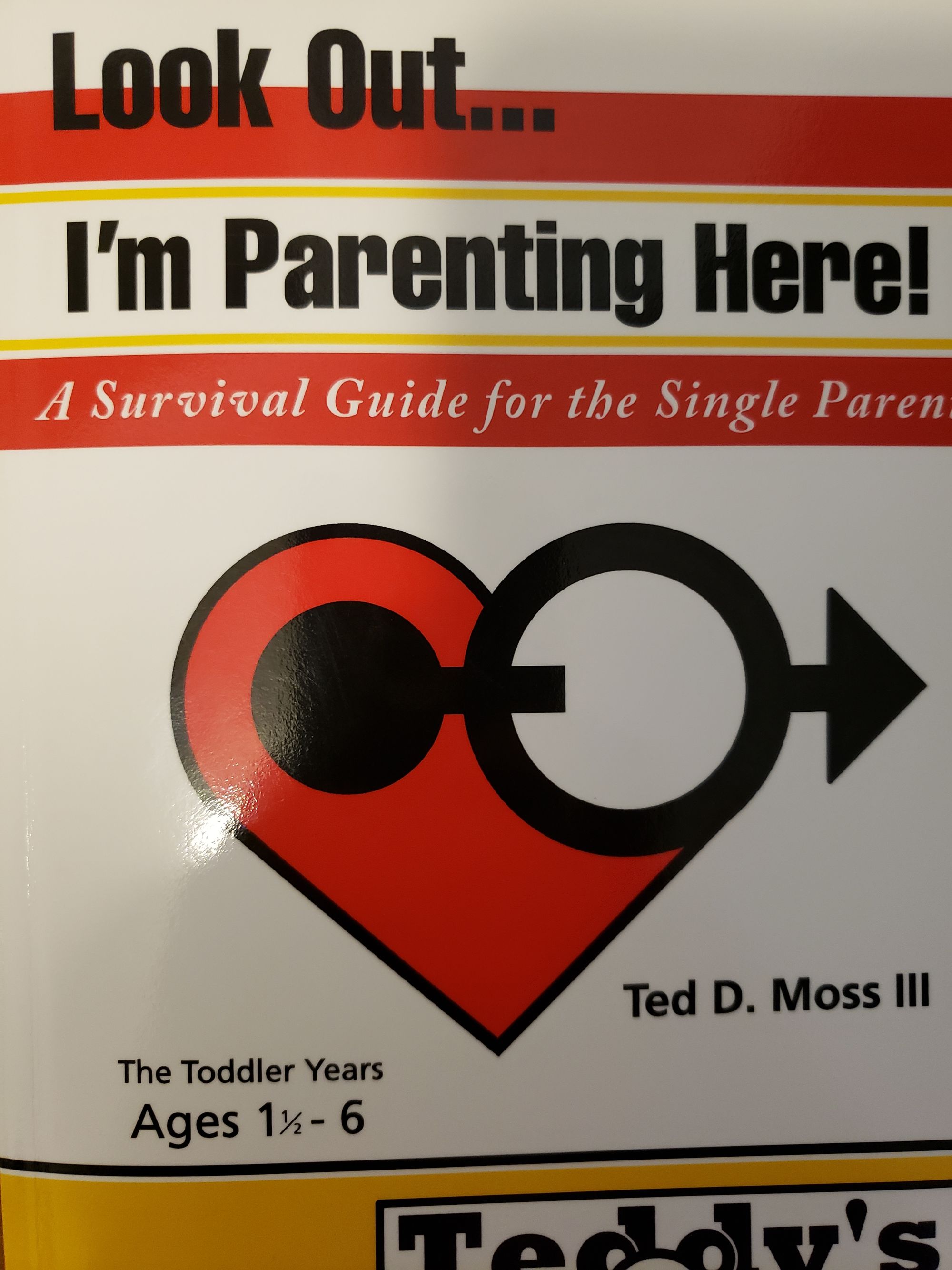Look Out I'm Parenting Here! Getting Through The Day Chapter 4: See You Later Alligator (Part 2)

Don't make it a big deal
Mindset is in a lot of ways everything in life. Just dreading doing something will make it seem worse, and it usually doesn't matter the activity. Over time, things settle in though, and the stuff you used to sweat doesn't seem as...sweaty. Take for example my escapade into cold showers. At first, it sucks, but a big part of that is my reaction to not wanting to be cold and uncomfortable. After a few days of cold showers, it becomes a routine. This is something that will be done most days, and there is no need to be anxious or afraid anymore. This is how making the drop off with your toddler needs to be as well.

"We communicate with our kids constantly", says Ted. Verbal communication with your children is only a part of this, they will pick up on how you carry yourself, your body language, and how you interact with others. Some of this skill, I believe, gets lost as we grow older, but a toddler is going to be more in tune with your feelings than you think. So when you feel stressed out or emotional, they will pick up on it, which will increase the chances they too will feel overly stressed.

The biggest thing Ted promotes at the drop off is to not make it a big deal. How do parents make a drop off a big deal? Excessive physical contact (hugging, kissing), using language a child does not normally here ("You know I would never do anything that makes you uncomfortable..."), overstaying the welcome (waving goodbye, or watching them as they go inside). If you act in a manner that is not consistent with how you act in the household, your children will sense something is up and cling to you for protection. Even if you convey the confidence of a Navy Seal, your child still might be scared or throw a fit. The best thing to do in situations like this is to downplay the behavior. Don't succumb to overly comforting your child else you face the harsh reality of having to go through this whole scenario at the next drop off.
The challenge of leaving your child somewhere for an extended period of time is going to help your kids in navigating their world without somebody there to constantly guide them. This is going to pay dividends in the future when you actually won't always be there. Your kids will eventually need to be strong enough to fend for themselves, meet new friends, interact with adults, etc. It starts from temporarily leaving them in a brand new world and facing the fears of you not being by their side. In the grand scheme of things its that huge of a deal, so don't make it one.

